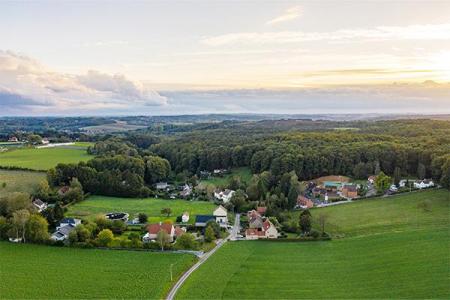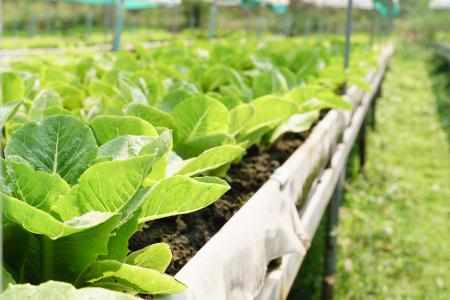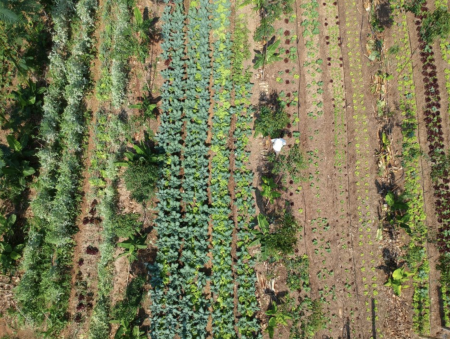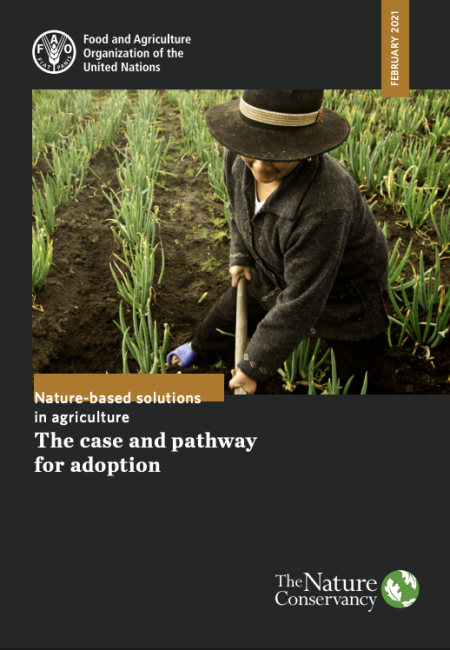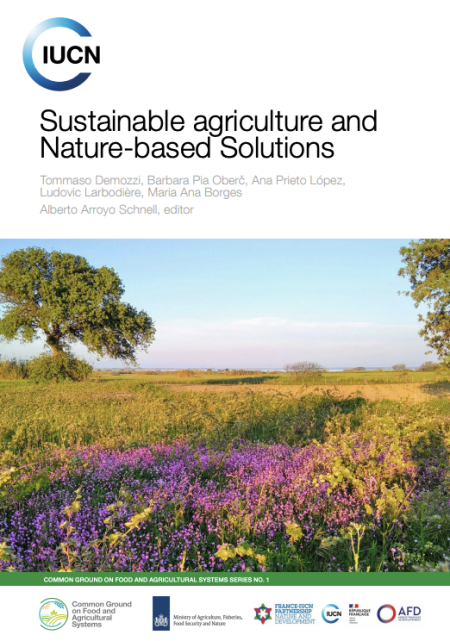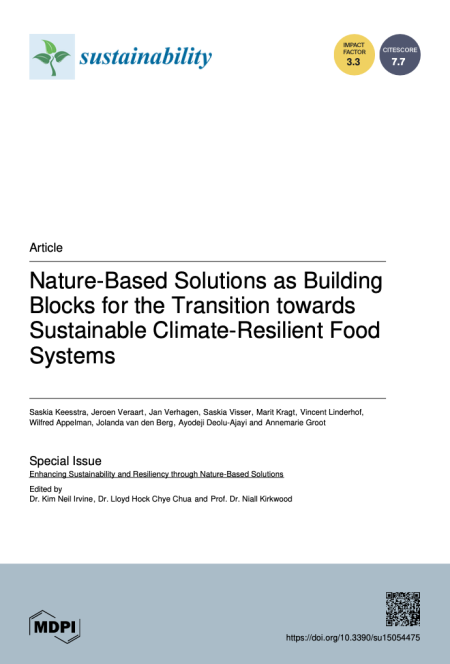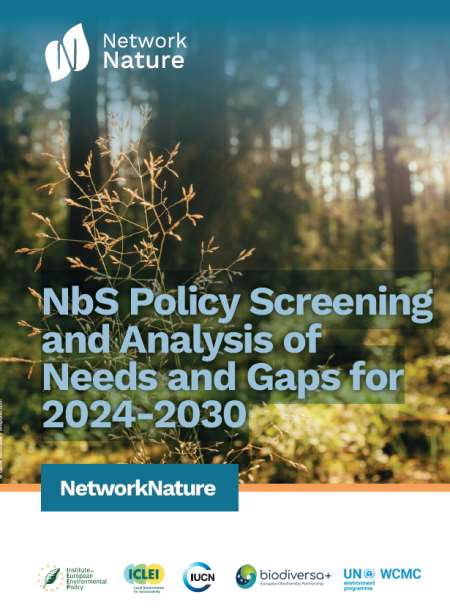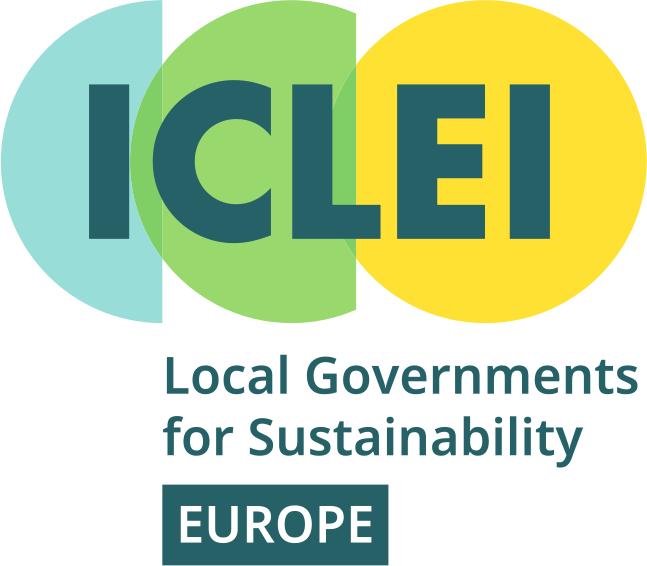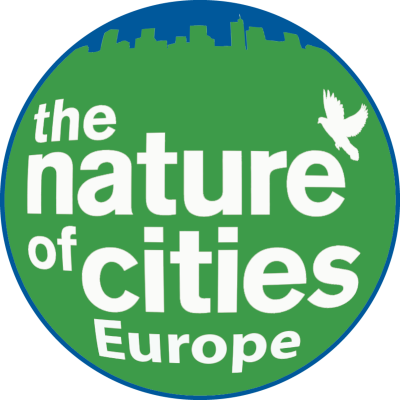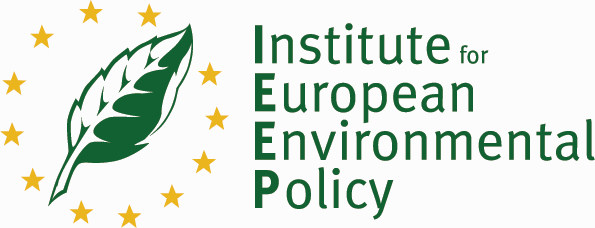Sustainable Food Systems

Our current farming and food systems face the challenge of adapting to climate change, whilst ensuring food security, maintaining livelihoods, ensuring vibrant local communities, and providing ecosystem services and natural resources such as clean water, biomass, and rural landscapes.
Nature-based solutions provide opportunities for a transformation of our food systems and help tackle some of our most pressing societal and environmental challenges.
Many sustainable agricultural systems and practices match the nature-based solutions approach and place biodiversity at the core of the theoretical basis of the farming approach, both preserving and enhancing it. At the same time, these approaches focus on achieving societal and economic benefits for both the producers and the community.
Farming systems that are widely understood to be nature based solutions include:
- Agroecology
- Nature-inclusive agriculture
- Regenerative agriculture
- Biodynamic agriculture
- Organic farming
Sustainable agriculture practices common to these systems include:
- Crop rotation, cover and companion cropping, intercropping
- Sustainable soil management (for example, no or minimal tillage, green manure, composting)
- Integrated pest and crop management and reduced or no use of synthetic pesticides and fertilisers
- Lower livestock densities, free range and managed grazing
- Restoration and inclusion of landscape elements such as hedgerows and flower strips on farmlands to boost biodiversity and ecosystem services
Farming approaches that can also align with an NbS approach include
- Agroforestry (for example, introducing trees into arable fields – silvo-arable – or introducing trees on pasture – silvo-pastoral)
- Mixed crop and livestock farming (achieving synergies and nutrient balancing)
- Carbon farming
Transitions to sustainable agriculture can include:
- Extensification (for example, reducing livestock numbers and moving livestock from housing to open field production systems)
- Diversification (for example, more diverse crop rotations and crop diversity on farm, with associated diversification of farm outputs and markets returning to more mixed crop and livestock farming system)
- Ecological intensification
Farmers, policy-makers, environmental organisations, businesses, researchers and the wider public all have a role in promoting sustainable farming practices.
NetworkNature provides:
For national, local and regional policymakers
- Policy briefs and recommendations
- Forums and roundtables that facilitate collaboration and knowledge exchange to promote NbS policy coherence and effectiveness
- knowledge-sharing platforms and guidance including evidence on the cost effectiveness of NbS for sustainable food systems
- Capacity-building tools and links to relevant advisory services and initiatives, helping connect users with additional support
For practitioners in food systems
- Case study libraries that showcase NbS delivering measurable benefits
- Guides and training materials that help translate EU policy into actionable NbS project design and monitoring approaches
- Accessible facts and figures
Familiarise yourself with EU policy instruments for sustainable food systems:
- Common Agricultural Policy
- Common Fisheries Policy
- Farm to Fork Strategy
- EU Bioeconomy Strategy and Action Plan
Read about how these EU policy instruments are supporting NbS in:

